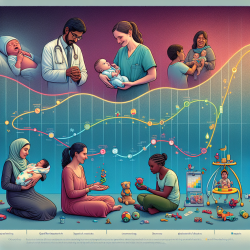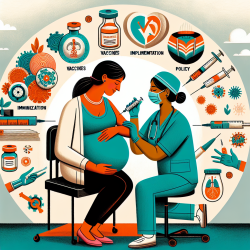Introduction
In a world where healthcare disparities are becoming increasingly apparent, innovative models like the Mercy Health Promoter program offer promising solutions. This program, originally designed to address the healthcare needs of the growing foreign-born population in Philadelphia, is a testament to how third-world concepts can be effectively adapted to first-world challenges.
The Mercy Health Promoter Model
The Mercy Health Promoter program is inspired by successful community-based models such as Partners in Health (PIH) and Creighton University’s Institute for Latin American Concern (ILAC). These models emphasize education, prevention, and early treatment, which are crucial for managing chronic conditions and preventing complex diseases.
In Philadelphia, the program has been instrumental in providing cost-effective healthcare solutions to the undocumented and underinsured African immigrant population. By employing respected community members as Health Promoters, the program fosters trust and transparency, encouraging active community participation.
Key Features of the Program
- Community-Based Approach: Involves high community participation to ensure the program is tailored to specific needs.
- Partnerships: Collaborates with established organizations to provide quality healthcare services.
- Cost-Effectiveness: Demonstrates significant cost savings by reducing hospitalizations and improving health outcomes.
- Education and Training: Provides extensive training to Health Promoters, focusing on nutrition, exercise, and medication compliance.
Implications for Practitioners
For healthcare practitioners, the Mercy Health Promoter model offers a blueprint for addressing healthcare disparities. By integrating community-based strategies and focusing on education and prevention, practitioners can improve health outcomes for underserved populations. This model also emphasizes the importance of cultural sensitivity and trust-building, which are critical for effective healthcare delivery.
Encouraging Further Research
The success of the Mercy Health Promoter program highlights the need for further research into community-based healthcare models. Practitioners are encouraged to explore how similar programs can be adapted to their local contexts, addressing specific health disparities within their communities.
To read the original research paper, please follow this link: Mercy health promoter: A paradigm for just health care.










